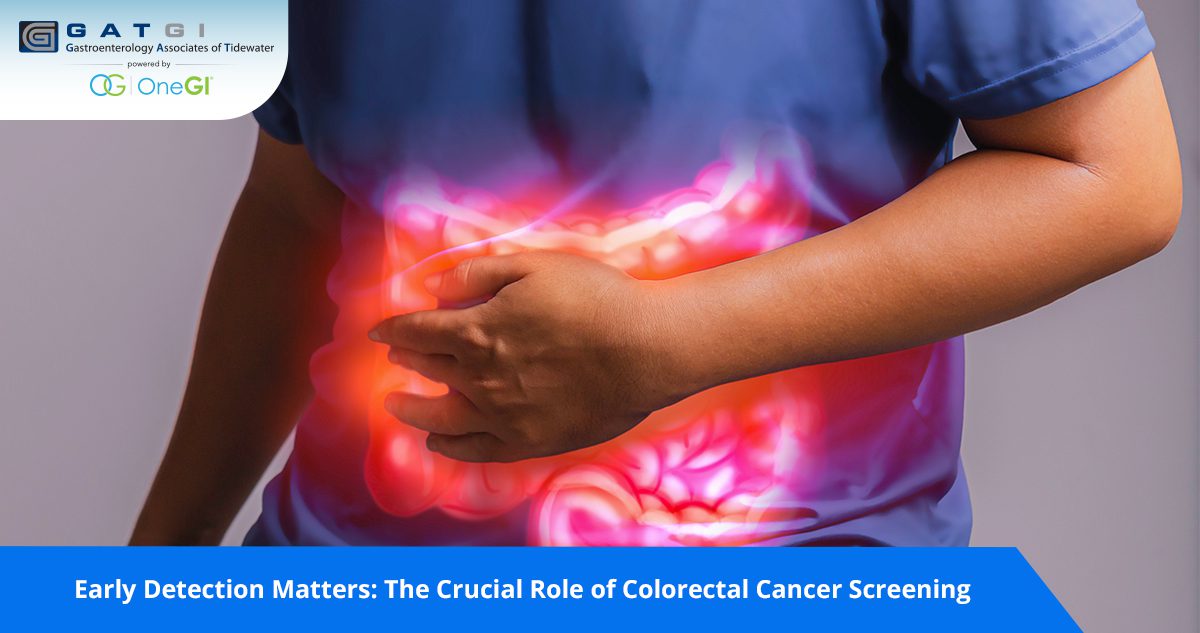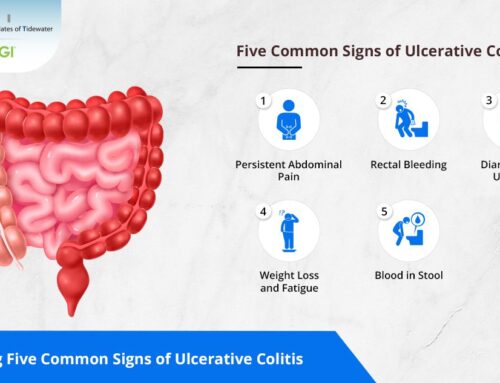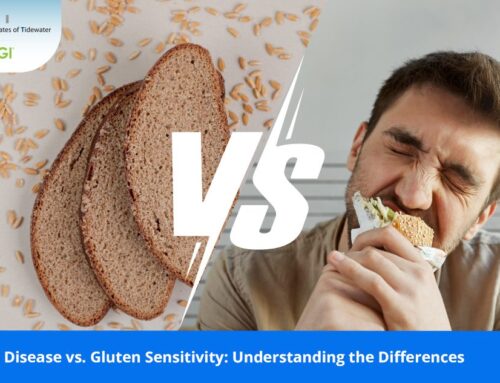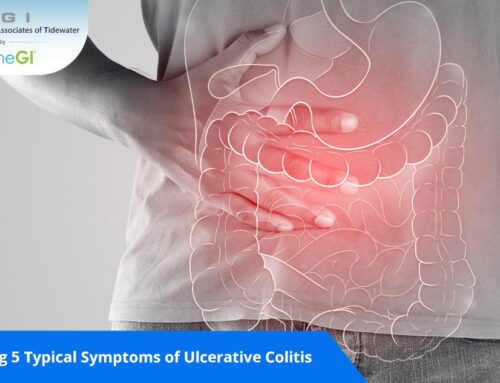Colorectal cancer is a serious health concern, but early detection can often make a significant difference in treatment outcomes. Because early detection is key in preventing and curing colon cancer, the importance of colorectal cancer screening cannot be overstated.
The primary benefit of early colorectal cancer screening lies in its potential to identify the disease in its early stages. Because of this proactive screening boosts survival rates considerably.
The Rising Incidence of Colorectal Cancer in Younger Populations
The recommended age by the American Cancer Society to get a colon screening is 45, however, people with a family history should begin screening at an earlier age. In recent years, there has been a concerning increase in the incidence of colorectal cancer in younger populations. According to the American Cancer Society, colorectal cancer rates have been rising in individuals under the age of 50. This trend is particularly alarming given that the overall rate of colorectal cancer has been declining due to increased screening and improved treatments.
Researchers are still investigating the reasons behind this rise in younger people, but several factors are believed to contribute. Unhealthy lifestyle choices, such as poor diet, lack of physical activity, and increased obesity rates, are thought to play a significant role.
Colon Cancer is Preventable and Curable
The preventability of colorectal cancer is largely due to the nature of its progression. It typically begins as benign, noncancerous polyps in the colon or rectum. These polyps grow slowly over several years and may eventually transform into cancer. However, with regular screening tests like colonoscopy, these precancerous polyps can be detected and removed before they become malignant or cancerous, thereby preventing the development of colorectal cancer altogether.
Early detection of colorectal cancer greatly improves the chances of successful treatment. If the disease is identified in its earliest stages (Stage 0 to Stage 1), the five-year survival rate is usually over 90 percent. This is because early-stage cancers are usually localized and have not spread beyond the original site, making them easier to treat and cure. Therefore early detection through regular screening is the most effective strategy for both preventing colorectal cancer and improving survival rates for those who do develop the disease.
Screening Methods for Colorectal Cancer
There are several methods available for colorectal cancer screening, each with its own advantages and limitations.
- Colonoscopy: This is considered the gold standard for colorectal cancer screening. In this procedure, a long, flexible tube is inserted into the rectum to allow doctors to examine the entire colon. If any suspicious polyps are found, tissue samples can be collected for further testing. The major advantage of a colonoscopy is its ability to detect and remove polyps during the same procedure, thereby preventing the development of cancer.
- Fecal Occult Blood Test (FOBT) or Fecal Immunochemical Test (FIT): These tests check for hidden blood in the stool, which can be an early sign of cancer or large polyps. These tests are less invasive than a colonoscopy but must be done more frequently. A positive result does not confirm the presence of cancer but means further testing (usually a colonoscopy) is needed.
- Sigmoidoscopy: This procedure is similar to a colonoscopy but examines only the lower part of the colon. It has a lower risk of complications and requires less preparation, but it may miss polyps or cancers in the upper part of the colon.
- Stool DNA test: This test looks for certain abnormal sections of DNA from cancer or polyp cells in the stool. It is less invasive but less sensitive than a colonoscopy.
Choosing the right screening method depends on a variety of factors, including consulting with your physician, individual risk factors, personal preference, and access to resources. Regardless of the method chosen, the most important factor is to get screened regularly for early detection.
Patients in Chesapeake, VA have access to colorectal cancer screening options offered by Gastroenterology Associates of Tidewater in Chesapeake and Virginia Beach.
Schedule an appointment with GATGI through Open Access. Eligible patients may be screened over the phone prior to the colonoscopy. For more information, call (757) 547-0798.






